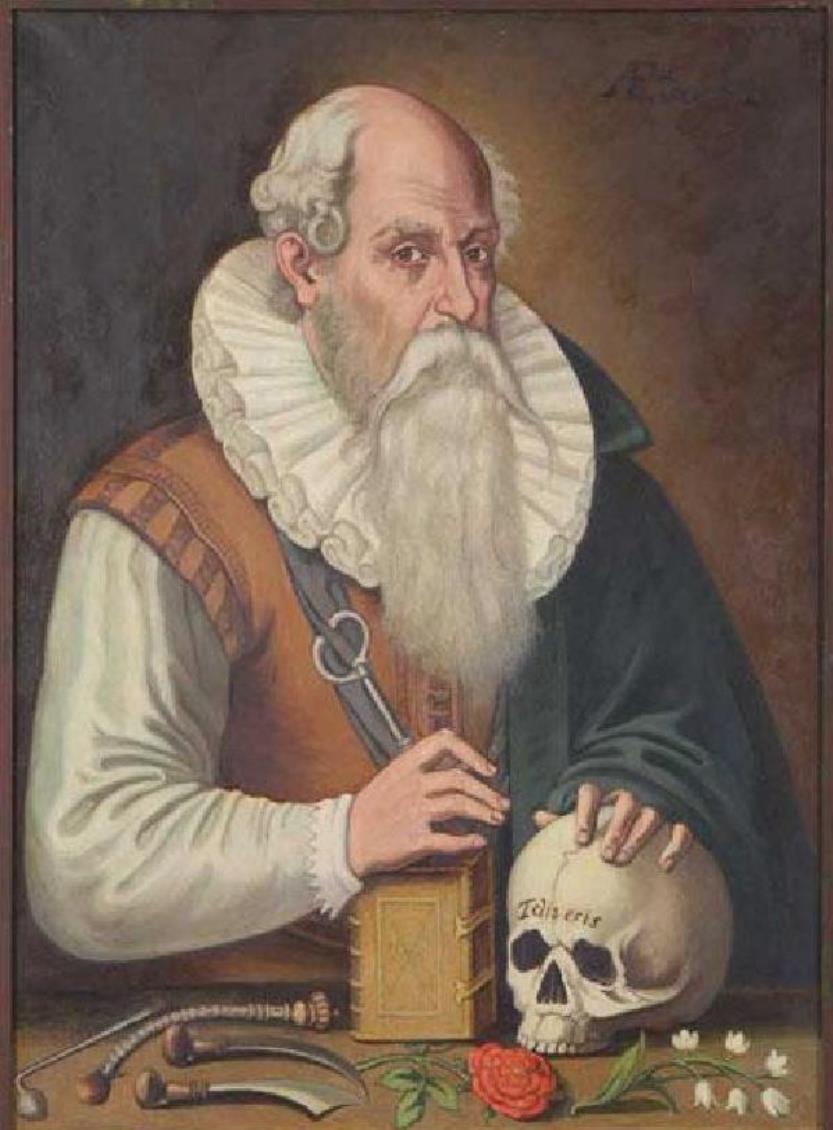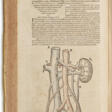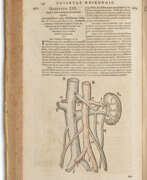Wilhelm Fabry (1560 - 1634)

Wilhelm Fabry
Wilhelm Fabry von Hilden or Fabricius von Hilden (Latin: Fabricius Hildanus) was a German and Swiss Renaissance physician and surgeon, the founder of scientific surgery.
In 1576 he began a four-year apprenticeship as a surgeon with a barber in Neuss. Surgery at that time was considered the craft of bath and barbers; surgeons or wound doctors treated wounds, broken bones, inflammations, and many other ailments. After completing his apprenticeship, Fabry worked for five years as an assistant wound surgeon to Cosmas Slot (died 1585) at the court of Duke Wilhelm V in Düsseldorf. To expand his anatomical knowledge, Fabry constantly dissected and prepared cadavers. In later years, he also encouraged his students to do so and conducted public autopsies to draw attention to the importance of anatomical knowledge. He also made it a habit to do practice procedures on a cadaver before surgery.
In 1615 Fabry was appointed city physician of Bern. Here he wrote several books on gunshot wounds. In 1623 the versatile physician published a small book, "Christian and Good-Hearted Caution against Drunkenness," which he republished in more detail the following year under the title Christlicher Schlafftrunck. Fabry's most important surgical treatise was Observationem et curationem chirurgicam centuriae sex ("Six hundred surgical observations and cures"), first published in 1606. This compilation remained the most important book of German surgery until Lorenz Heister. It describes new surgical methods and surgical instruments for the treatment of amputations, nasal polyps, bladder stones, dropsy, hernias, ascites, etc., etc., etc.
For centuries, Fabricius remained one of the most respected surgeons not only in Germany and Switzerland, but throughout Europe. Among his many accomplishments in the field of surgery may be enumerated his innovation in the amputation of the thigh, for which he invented a special tourniquet; the excision of involved axillary glands in breast cancer; the first classification of burns into three degrees with the appropriate treatment for each variety; and the first description of a medical field chest for military purposes.
Although in his later years Fabritius had already given up practicing medicine, he continued to write medical papers and maintain an active scientific correspondence until his death. He authored some 20 medical books. It was his surgical works, translated into German, French, Latin, English and Dutch, that ensured his recognition centuries later.
| Date and place of birt: | 25 june 1560, Hilden, Germany |
|---|---|
| Date and place of death: | 15 february 1634, Bern, Switzerland |
| Period of activity: | XVI, XVII century |
| Specialization: | Doctor, Scientist, Surgeon, Writer |

